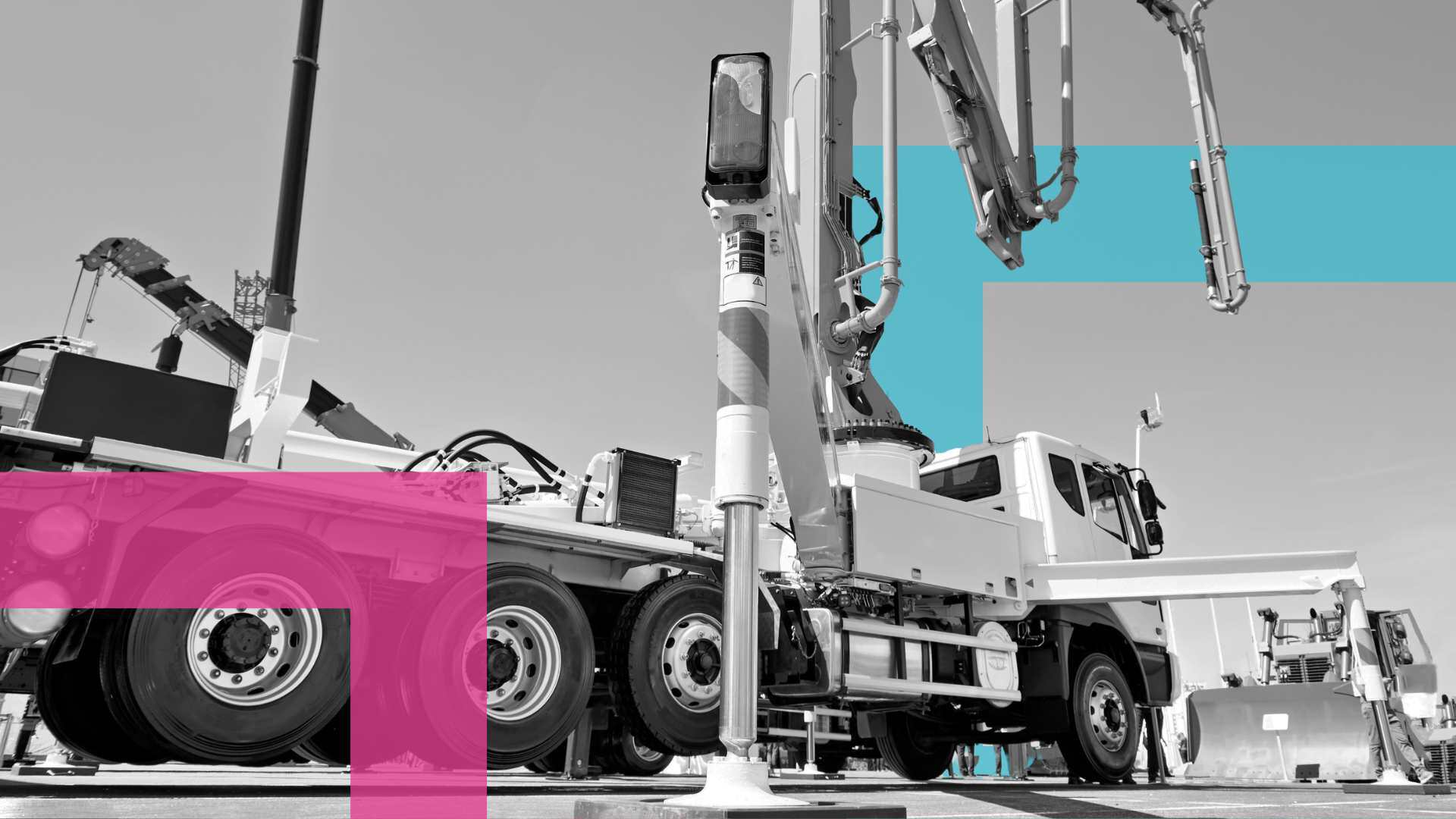Pre Start Plus rebranded to Ideagen Asset Guard
Ideagen Plant Assessor is pleased to announce the rebrand of its flagship pre-start app, Pre Start Plus, to Asset Guard. This rebrand aligns with...
|
|
Machinery Pre Starts
|
|
|
Risk Management &
|
|
|
Document Management
|
|
|
Dashboards & Reporting
|
|
|
Machinery Risk Assessments
|
|
|
Service & Maintenance
|
|
|
Safe Operating Procedures
|
|
|
MySite
|
|
|
View All Features |
Case Studies
Hear from our clients
Events
Find us at industry events
Guides
Find industry-specific guides
Learn
Educational content
News & Articles
Industry news and articles
Safety Legislation
We keep up with safety legislation
so you don't have to
Videos
Find overviews and informative
videos here
Webinars
View upcoming and on-demand webinars
Promotions
See our current promotions
FAQ
All of our frequently asked questions
Help Centre
How to use our software
View a Demo
Let us walk you through Ideagen Plant Assessor features
Release Centre
Product updates and release information
.jpg)
Our last few posts have focused on the fundamentals of managing plant & equipment safety.
One of these was “Four steps to ensure safe plant” and the first of the four steps to ensure safe plant is the need to conduct Plant Risk Assessments. Here we consider the “why and how” around this sometimes mystifying process.
Those who are familiar with using and/or supplying complex mobile or fixed plant & equipment will be increasingly aware of the requirement for plant risk assessments. Unfortunately their experience with the risk assessment process has more often than not been an unpleasant one.
The reason for this is two-fold. Firstly, it is a complex process requiring considerable technical knowledge. Secondly, there has been a tendency for larger organisations to come up with their own specific risk assessment processes and formats, which contractors and suppliers then need to try and comply with.
This has resulted in increased complexity, increased administrative burden, duplication of information, and apathy at the coal face – “it’s just another b*%$# plant risk assessment”.
What is a Plant Risk Assessment?
A Plant Risk Assessment is a documented, detailed inspection and review of the plant item against legislative requirements, Australian & International standards, and leading industry practice.
The assessment should follow the hazard identification, risk assessment and treatment/control process. It should result in the production of information which can be shared with operators and work groups to assist them to use the plant safely.
This means clear identification of hazards, risks and controls in place on the equipment, along with information on how to maintain controls effectively. These can/should be used for machine induction & operator education.
Why do I need Plant Risk Assessments?
This need revolves around the obligation to provide safe equipment to operators & work groups. For specific legislative obligations in Australia, see our comprehensive guide to Australian plant user and supplier obligations.
When do I need to do a Plant Risk Assessment?
After initial receipt and assessment of equipment, periodic re-inspection should be undertaken based upon risk and complexity of plant & equipment items. Stay tuned for a future post on how to develop plant risk assessment plans.
How do I do a Plant Risk Assessment?
The traditional risk assessment process involves three stages – 1. Identifying hazards, 2. Assessing risks, and 3. Specifying and implementing controls.
Without a regimented process and suitable guidance material, plant risk assessments are often subjective and heavily reliant upon the assessor’s knowledge, experience & consistency.
A complex piece of equipment may require identification, assessment and treatment of more than 50 specific hazards. Risk assessment templates can assist in the identification, assessment and control of hazards, however development and maintenance of those templates are significant and time consuming tasks.
Our Solution – Plant Assessor
The complexity of the Plant Risk Assessment process is the main reason we built Plant Assessor – the world’s most comprehensive plant & equipment safety database and risk assessment tool, containing more than 80,000 makes and models of equipment.
The Plant Assessor system facilitates a risk based approach, and regimented, specific assessments that eliminate the subjectivity of the traditional process and the difficulty in achieving thoroughness and consistency in outcomes.
If you wish to learn more about how to better manage your plant & equipment safety, please contact us.
Disclaimer: This information is intended to provide general information on the subject matter. This is not intended as legal or expert advice for your specific situation. You should seek professional advice before acting or relying on the content of this information.

Ideagen Plant Assessor is pleased to announce the rebrand of its flagship pre-start app, Pre Start Plus, to Asset Guard. This rebrand aligns with...
.png)
Many businesses operating machinery still rely on traditional paper pre start books for daily machinery checks. While these booklets serve their...

A concrete company based in Melbourne has been convicted and fined $30,000 after an incident involving a concrete pump resulted in a worker’s hand...